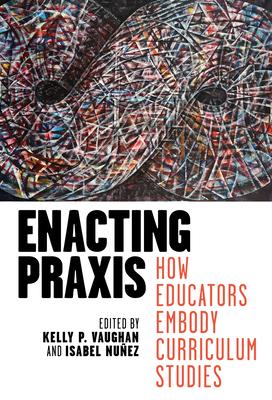In this collection of writing and reflection, readers are invited to reclaim the connection between curriculum studies and the work of educators in schools and society. As the curriculum field has grown more complex and theoretical, our schools have become more corporatized, standardized, and dehumanized. This volume focuses on curriculum theory's power to assist practitioners in creating positive change. Chapters highlight the work of seven influential curriculum studies scholars: Maxine Greene, Gloria Ladson-Billings, Janet Miller, William Pinar, William Schubert, William Watkins, and Carter G. Woodson. After introducing and contextualizing the work of each featured theorist, the text includes chapters by scholar-practitioners working as K-12 teachers, teacher educators, and community educators who have been influenced by the theorist's ideas. These essays illustrate how curriculum studies scholarship influences practice in a variety of places; explore the ways that curriculum studies theorizing can be an intervention against technical pedagogical or curricular approaches; and focus on the importance of "conversations" between theory and practice.
Book Features:
- Presents a historical overview of curriculum studies by recounting a brief history of the field from the 1800s through the present.
- Provides a beginner-friendly introduction to seven highly influential theorists in the field of curriculum studies.
- Pairs the ideas of key curriculum scholars with practitioners who illustrate how curriculum studies theories influence their practice.
- Concludes with a chapter that highlights key themes and calls for increased focus on curriculum work in schools.
- Includes an appendix of curriculum studies resources, including key journals, conferences, organizations, and suggestions for future reading.
